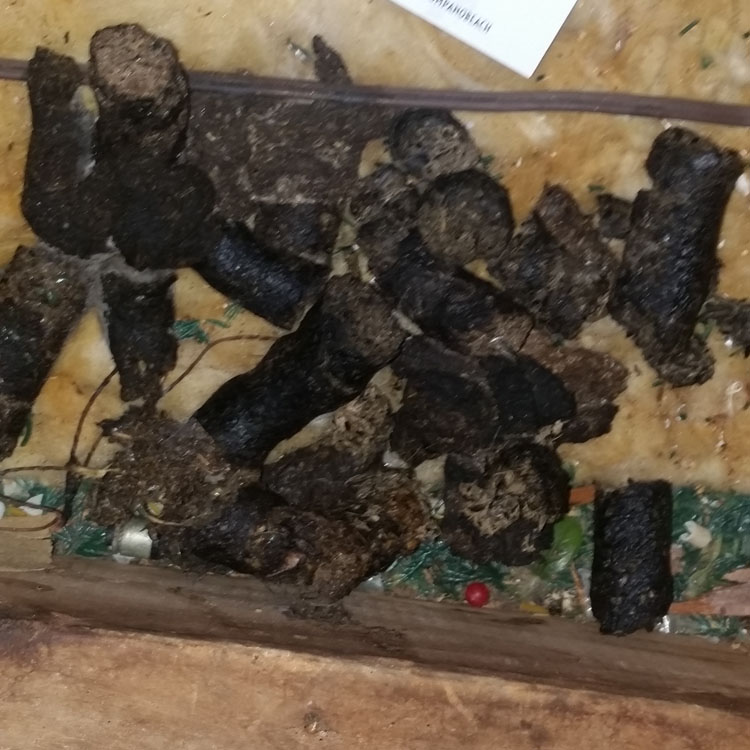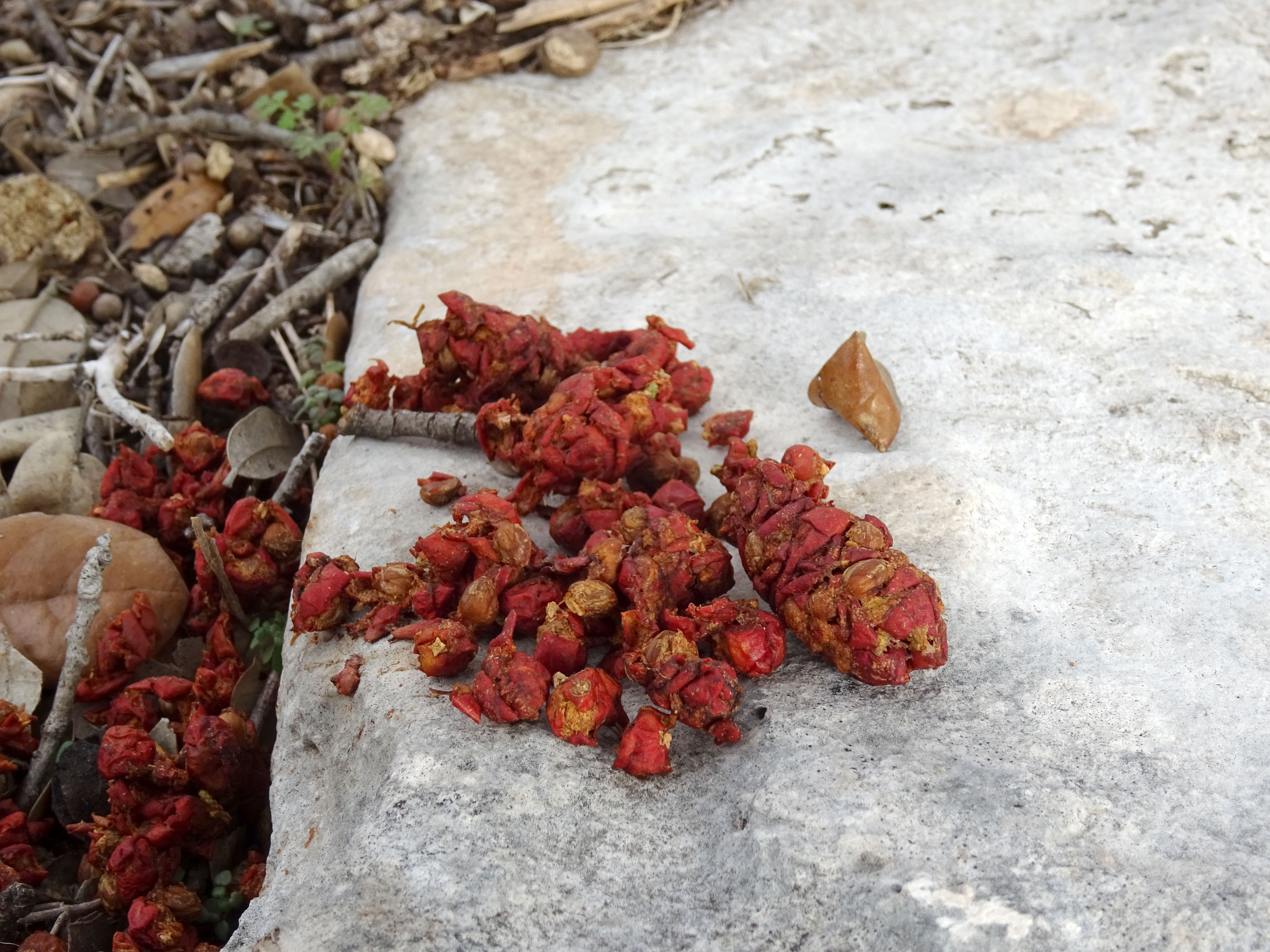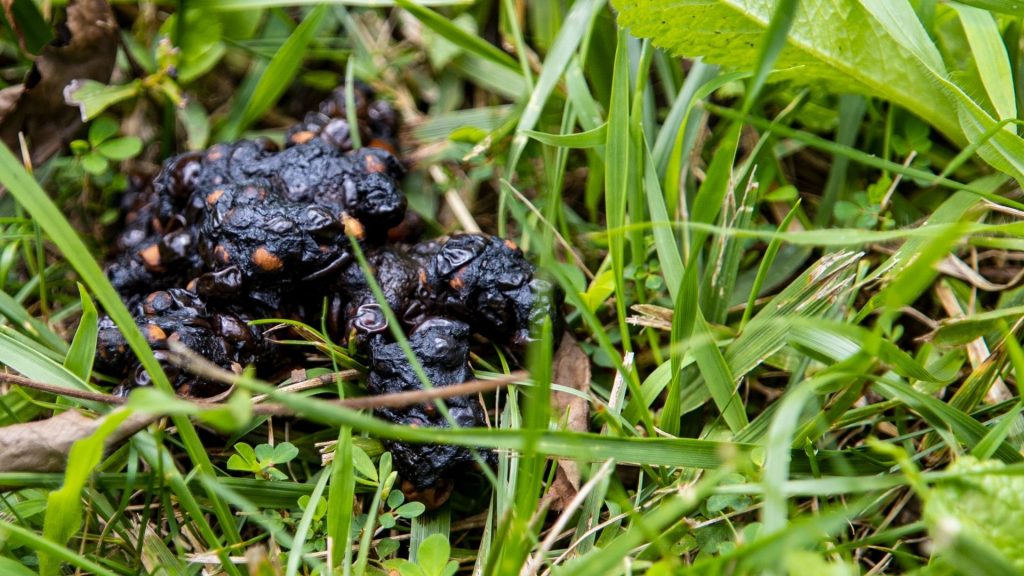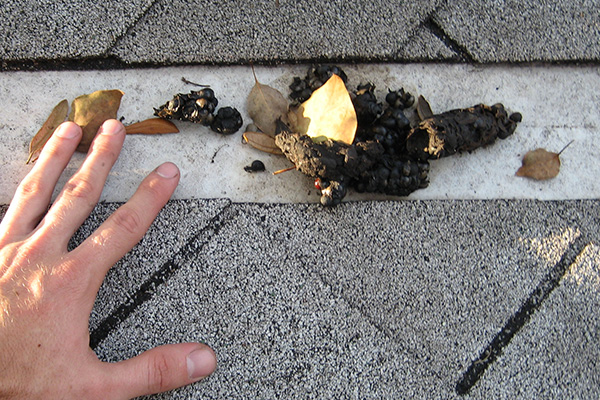

Bird feeders should be placed away from trees or other structures that can be climbed by raccoons. Pet or livestock food should not be left outside where it is available to raccoons.

Some people have had success with placing ammonia directly in the can to repel raccoons. Placing cans in wooden bins or in the garage may also eliminate raccoon raiding problems. Snaps can be attached to the lid and the handle can be secured to a stake driven into the ground to prevent opening and tip-over. For example, to deter raccoons from raiding garbage cans, several modifications can be made. Many raccoon problems can be controlled using preventive measures. They can be especially destructive on farms, where they feed heavily on crops and sometimes kill poultry by raiding chicken coops. What About Raccoon Urine? - While it can soak through insulation or sheetrock in an attic, and cause some slight odor, it is not of any particular health concern.Management of Problem Raccoons: Because of their ability to coexist with humans, raccoons can become a nuisance when they damage gardens, raid garbage cans, or inhabit human structures. Some raccoons eliminate waste this way, while others just leave it around anywhere, like most animals. This is basically just a big pile of feces in one spot. Is it True Racccoons Use a Latrine? - Often, yes. Spray the area with an antimicrobial spray, or better yet, fog the attic space with an atomizer and a special enzyme cleaner. Once outfitted, remove the feces by hand or shovel, and bag for disposal.

Optional is dosposable rubber booties or an eight-dollar Tyvek disposable suit. This includes a filter mask, like a HEPA mask, or a snug fitting N95-rated particle mask, either of which you can buy at Home Depot. How Should I Clean It? - If you do want to clean raccoon feces, wear proper protection. The would get moldy, and eventually dry out, and with a lot of time, crumble into dirt. But there's also a good chance nothing would ever happen, so long as you don't touch If you don't clean feces in the attic, it's likely to attract insects, perhaps future animals, and the roundworm spores live a long time. Even if a raccoon poops in the swimming pool, the chlorine won't kill roundwormĮggs. Should I Clean It, Or Leave it Alone? - If you think there's a risk of a person or pet coming into contact with the feces, clean it. Treatment of a roundworm or other infection should be handled by a doctor. That you handled raccoon waste may help narrow down your exact ailment. What Should I Do If I've Touched or Eaten Feces? - Clean your hands thoroughly with antibacterial soap, and monitor for symptoms of illness in the future. The eggs can survive for years, and become airborne, inhaled, and infect a new host. With every fecal movement the raccoon has, he also deposits many of the roundworm eggs onto the ground. A raccoon can carry on the average a parasitic load of about fifty adult worms in its procyonis is that it lives in the raccoons' intestinal tract. It is a roundworm that is particular to raccoons. The Latin name for these worms is Baylisascaris procyonis. What is Raccoon Roundworm? - Roundworm is the most commonly cited disease specific to raccoon waste. In general, avoid touching feces of any kind. Handle feces and then ingest them (much more common for children then adults), but open wounds can sometimes be a concern. Transmission of these diseases is most common when people Salmonellosis (an infection from bacteria called Salmonella) or more common parasites like Giardia, to less common diseases, like Cryptosporidium. Potential ailments from a variety of animal waste include the more common Leptospirosis or Is it dangerous to touch? - Almost all animal waste carries risk of disease or infection if handled or ingested. To leave very muddy tracks, with distinct fore and hind feet prints. Another way to know is by looking for other animals signs - nesting material, footprints, etc. It's very common to see distinct berries, such as in the photo to the left. The droppings are usually very dark brown, but turn ashen with time. Sometimes it is mushy, sometimes firm, and fairly inconsistent.

Raccoon poop tends to be in piles,Ībout 3-5 ounces (maybe 4 inches wide), and the individual turds, if distinct, are usually around 3/4 inch in diameter. One of the best ways is with photographs, so check out the photos to the left.
RACCOON SCAT HOW TO
How to Identify Raccoon Poop? - We commonly get emails asking to identify feces.


 0 kommentar(er)
0 kommentar(er)
